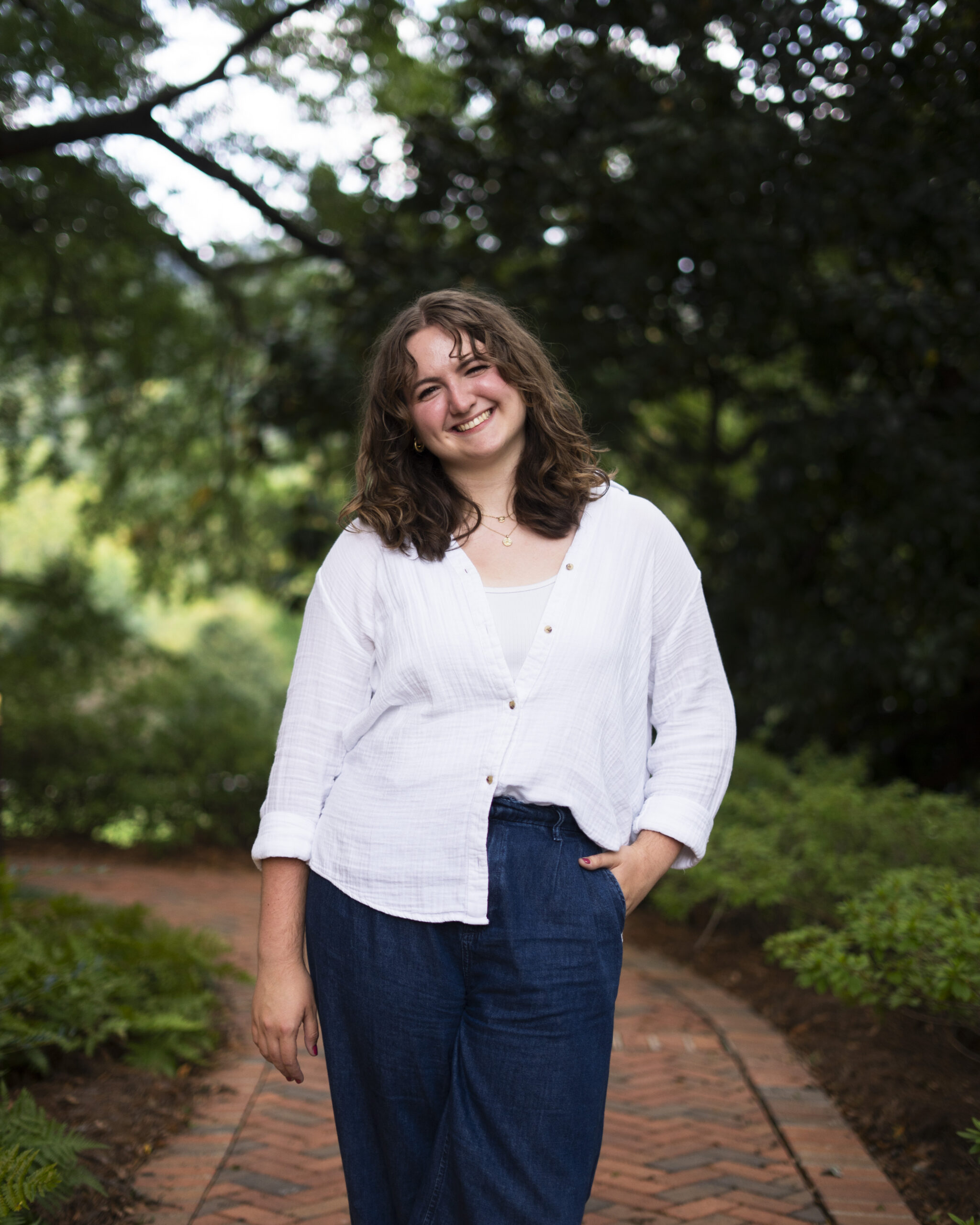What if investing could have not only a social and economic impact, but a spiritual impact as well? This is the question that the Brock Impact Investment Fund (BIIF) seeks to answer.
The BIIF is a fund managed by students with the goal to, as stated by the fund’s president Anna Lynn Harms, “invest in companies or for-profit businesses that have a social and spiritual impact around the world.”
Typically, impact investing focuses on goals such as health equity or environmental justice, but the BIIF’s initiative is to take the idea of investing for impact and direct those investments toward Christian businesses.
“If we have capital and we can deploy it to a business that is already doing gospel work, why are we just being defined and being limited by where we think are charitable nonprofits or churches?” Harms said. “The Lord can totally move beyond. He’s using those categories, but how much more does he want to use our everyday types of businesses and everyday operations to also further the Kingdom?”
The Brock School of Business (BSOB) already has a social entrepreneurship program that has allowed students to combine the realms of business and missions. More recently, with the guidance of Dr. Jeremy Thornton, Dwight Moody Beeson Chair in Business and Professor of Economics, the program has taken another step into that realm with a course in Private Equity and Impact Investing that began earlier this year. The BIIF is part of the core of this program.
The BIIF is separate from the Bulldog Fund, another investment fund in the BSOB. While the Bulldog Fund focuses on public markets and trading stocks, the BIIF is looking to impact private markets and businesses, specifically those with a Christian mission.
One reason that the BIIF stands out in the impact investing world is that it is a program for undergraduates. This sets it apart from other institutions like Stanford and Yale, who have impact investing programs, but only in the graduate realm.
“Samford is the first institution, as we’re aware, to launch a program like this in the undergraduate world, especially in the Christian world,” said BIIF vice president Bennett Wagley. “That’s very important to us—that we are taking a big step, and we hope that other universities will follow suit in that path.”
In addition to investing, BIIF also has a secondary goal: to create opportunities for students.
“We are investing real money, and we’re making real decisions with it,” Wagley said. “But at the heart of this mission, since we’re students, especially at the undergraduate level … one of our biggest missions would be to educate our members with potential opportunities or valuable skills that they could transfer into a job.”
Moving forward, students will meet in groups during the upcoming semesters to narrow down potential investment recipients, culminating in a presentation before an investor committee. The current plan is for the BIIF to begin investing by the end of next spring.

Staff Reporter




